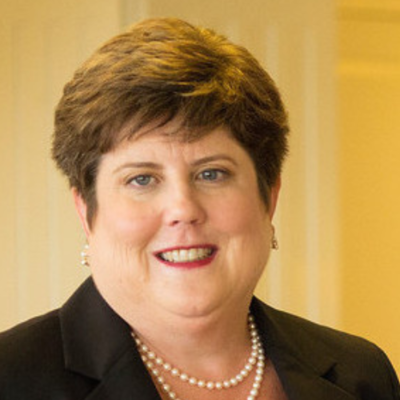
U.S. Sen. Bernie Sanders’ success in popularizing a progressive agenda during the Democratic presidential primary has given the progressive movement some momentum. Progressives in the Senate seem especially emboldened, which begs the question of how substantial and influential will this bloc be if Democrats win the majority in November? Despite the prominence of some vocal progressive individuals, Progressives in the Senate didn’t wield a lot of influence in the 1990s and the first decade of this century. Centrists and moderates were the more influential voting bloc then. But, retirements and losses in 2010 and 2014 shrunk the moderate ranks by more than half, while U.S. Sen. Elizabeth Warren’s election in 2012 seemed to signal the early days of a progressive resurgence. Since the Democratic presidential primaries, it seems that Senate Progressives are stretching their wings a bit and are prepared to stretch them much more in the next Congress if Democrats are in the majority. Sanders has expressed serious interest in taking the chairmanship of the Committee on Health, Education, Labor and Pensions, a panel with jurisdiction of many of









Subscribe Today
Our subscribers have first access to individual race pages for each House, Senate and Governors race, which will include race ratings (each race is rated on a seven-point scale) and a narrative analysis pertaining to that race.